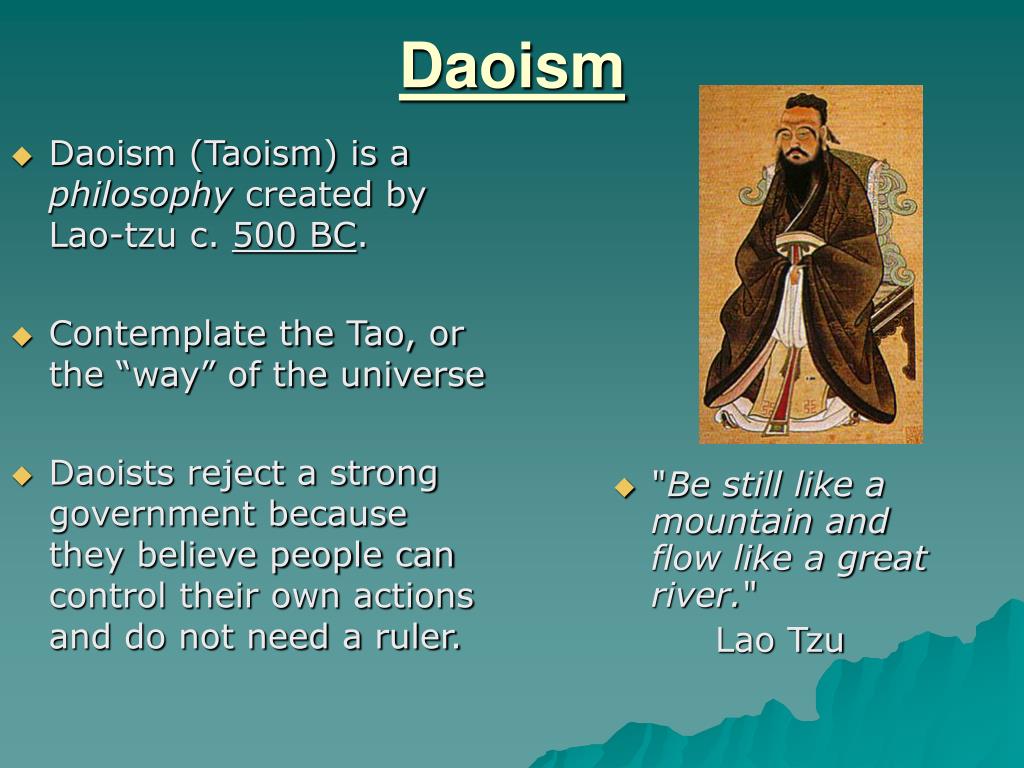We think the consequences of our actions are key to whether they are morally right or wrong. However, for Kant, acts of sacrifice, duty or courtesy are the most powerful testaments of freedom, because they are in opposition to what is consequentially good. No one understood this better than Vladimir Nabokov. His characters, especially in such infamous works as Lolita, are often labelled as simply morally repulsive. Yet Nabokov’s radical philosophical inquiry, as Dana Dragunoiu suggests, lies within his characters, who show moral excellence by managing to control their corrupt inclination, interests, or passions through Kantian acts of courtesy. Freedom was a value of supreme importance for Vladimir Nabokov, the Russo-American writer who authored, most famously, Lolita. Nabokov’s achievement includes a massive body of work that includes fiction, poetry, drama, translation, autobiography, and even scientific writing…
Read the full article which is published on IAI TV (external link)






